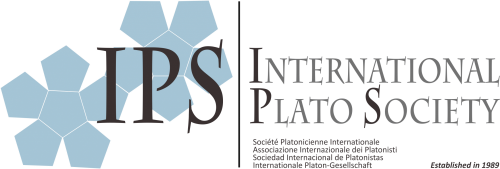CALL FOR PAPERS: INDETERMINACY IN ANCIENT PHILOSOPHY
CALL FOR PAPERS INDETERMINACY IN ANCIENT PHILOSOPHY Convenors: Ugo Zilioli (Oxford University) and Refik Güremen (Middle East Technical U., Ankara) Literature on indeterminacy and vagueness has expanded rapidly, especially since the late twentieth century. In recent decades, the debate has intensified, driven by a growing interest in metaphysical and ontic indeterminacy. Philosophers are exploring various models and methods to investigate indeterminacy and vagueness across multiple fields, including the metaphysics of ordinary objects, personal identity, mereology, states of affairs, truth-making, philosophy of physics, and time, alongside traditional sorites paradoxes. The discussion is largely shaped by a trichotomy of semantic, epistemological, and metaphysical approaches (J. Robert G. Williams, Philosophy Compass, 2008), with recent advancements in modality and hyperintensionality also contributing to the discourse. It is reasonable to hope that these contemporary developments will inform, illuminate, and motivate fresh interpretations in the history of philosophy, particularly regarding ancient Greek and Latin thought. Epistemic [...]









